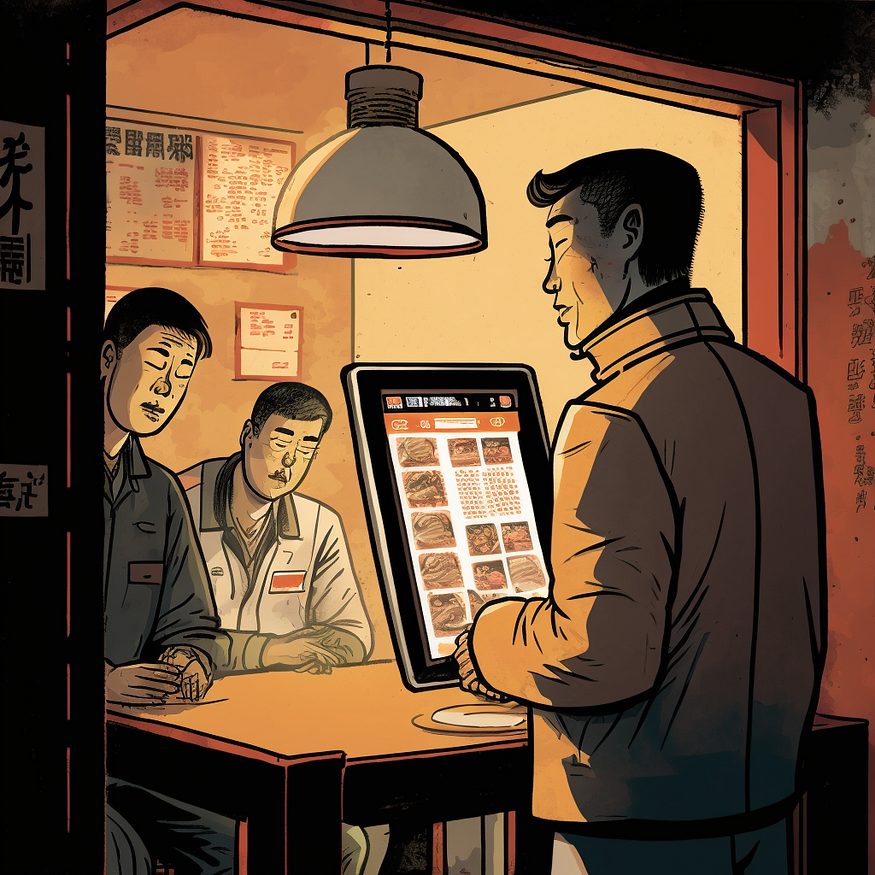
Many restaurants have embraced Scan-and-Order technology in recent years as a way to streamline ordering processes and reduce labour costs. Customers can use their mobile phones to scan QR codes and place orders without the need to interact with staff. However, while the technology offers convenience, it also raises concerns about privacy and discrimination.
A recent investigation by the Shanghai Consumer Council found that some well-known tea and fast food chains require customers to provide their phone numbers before ordering through their mini-programs. If customers refuse to provide their phone numbers on certain mini-programs, such as Coco and Shenda Cheng, they are unable to place an order. This has sparked debates about privacy and data protection in the food industry.
Many customers find the technology convenient, as it allows them to place orders easily and quickly. However, elderly customers are often left at a disadvantage, as the technology is typically designed with younger generations in mind. Some elderly customers may not be familiar with mobile phones or may not even have one. This can leave them feeling excluded and discriminated against, which is a significant concern.
Another issue with Scan-and-Order technology is the collection of personal information, such as phone numbers. Some restaurants require customers to provide their personal information to use the service, which puts them at risk of having their data leaked, sold, or abused. This is especially concerning given that many customers are notneedunawaredeof the potential risksofh providing their personal information.
Despite these concerns, some customers still prefer the convenience of Scan-and-Order technology. It allows them to place orders without the neewaiting in line or interacting with staff, savingime and hassle. Furthermore, businesses find that Scan-and-Order technology helps to reduce labour costs, making it an attractive option.
However, it is crucial that businesses consider the needs of all customers, including the elderly and those who are not tech-savvy. They must also handle customer information securely and transparently to protect their privacy. In addition, restaurants must ensure that they comply with the relevant data protection regulations to avoid legal issues.
In conclusion, Scan-and-Order technology is a convenient way to order food, but it also raises concerns about privacy and discrimination. Restaurants must use this technology responsibly and considerately to ensure that all customers can use their services equally and safely. This includes protecting customers’ personal information and considering the needs of all customers, regardless of their age or level of technological proficiency.